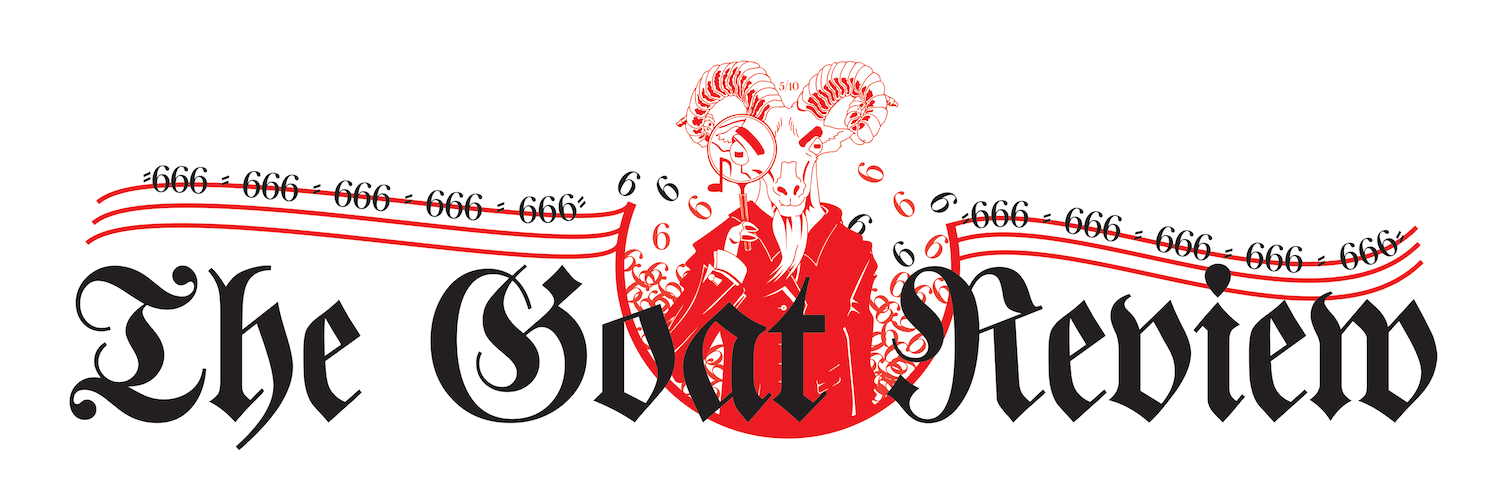
I have been talking a lot lately about how, as I get older, bands releasing new material becomes less exciting and more worrying. Stortregn produced my favorite record of 2021. Impermanence stands as what most Tech Death, and even fewer Melodic Death, Metal bands could not achieve—a Progressive album without using any of the tropes of the genre, forming instead full songs of smaller themes and motifs. I couldn’t tell you what the album was about—the cover art displaying Girardi‘s patented space-bunghole lost all meaning years ago—but I surely felt it, on an emotional and intellectual level alike. Its Neoclassical approach, being so rich in musical theme, helped Stortregn write huge songs that built on themselves and throughout the album more and more.
As a wise man once said: “Never compromise, always double down.” Finitude is not Impermanence take two, and I applaud the band for taking that stance. Ironically, Stortregn seems to have compromised their own sound just a little by doubling down on the Progressive tendencies of its Impermanence. Without having to dig into the shallow bag of tricks that Flanderized, modern Prog Metal usually employs, Finitude has a classic Prog feeling more so than anything the band has done before. While Stortregn doesn’t indulge in Herculean song lengths that some bands sometimes feel necessary (Finitude runs a touch shorter than its predecessor), this newest collection feels bigger in scope. Finitude has more highlights than past albums, coming off, for lack of a better word, more experimental. The more textural, dissonant chord work on “Cold Void” breaks the pacing in a positive way and the guest female clean vocals on “Omega Axiom” recall Hans Zimmer‘s work on Denis Villeneuve‘s Dune adaptation, likely no coincidence. Finitude feels like a Sci-Fi epic.
This Progressive rather than Neoclassical approach leads to the album being more fragmented, however. A lot of the newer elements can feel like a collage at times, interrupting what we know and love from Stortregn. As such, it’s tough to not judge each novel element on a case by case basis, their total success being dependent how many land with the listener. I prefer the cleaner, more readily coherent approach of Impermanence to begin with, but even then I don’t think that all experiments on Finitude work. Particularly the spoken word on “The Revelation”, likely intended as a big climactic moment, comes off as hokey rather than epic—Stortregn walks a very fine line with these choices. And though that steps over for me, Stortregn‘s talent, hunger, and dedication allow them to walk the right side of the line often enough. Yet, it does make me wonder whether this Swiss act will ever manage to strike pure gold again.
